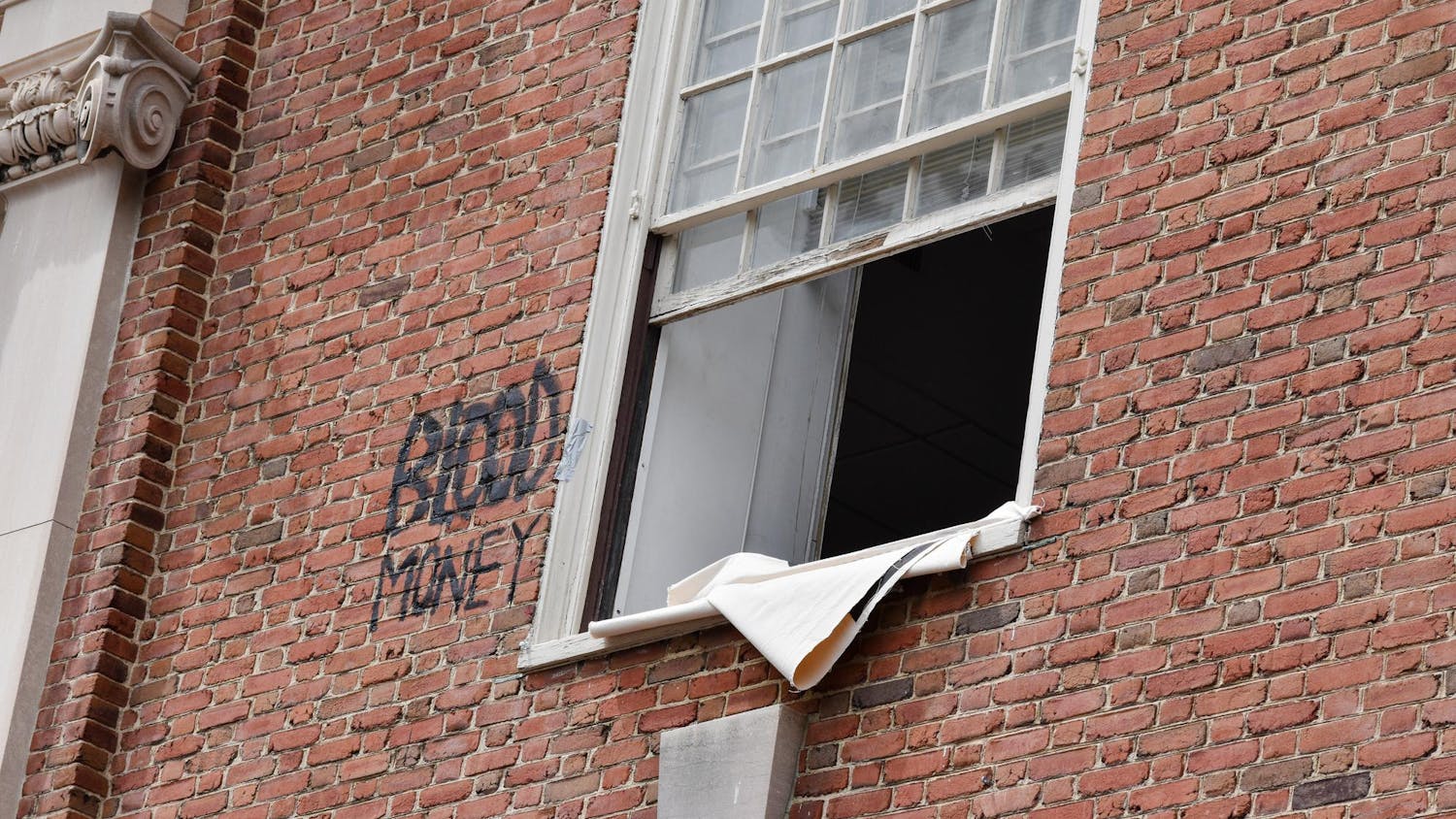Yesterday saw more than a race for the presidency between President Obama and Republican challenger Mitt Romney - citizens across the country also voted on contentious issues in their respective states.
Same-sex marriage
Same-sex marriage appeared on state ballots in Maryland, Maine, Washington and Minnesota. Maryland approved pro-equality Question 6 by a 52 to 48 percent margin as of press time, upholding the Civil Marriages Protection Act passed earlier this year. Maine and Washington voters followed suit, with a 54 percent majority in Maine voting against a rejected 2009 referendum that would have barred same-sex marriage. Washington residents voted 52 to 48 percent to approve a law legalizing same-sex marriage passed earlier this year.
Minnesota voters faced a state constitutional amendment to bar same-sex couples from marrying and voted 50 to 49 percent to reject the amendment.
Before the election's results, six states and the District of Columbia allowed same-sex marriage, with 39 states actively banning it by amendments or statutes.
Marijuana
Marijuana legalization was also a multi-state issue. Massachusetts, Arkansas, Washington, Oregon, Colorado and Montana raised the legalization issue in ballot measures.
Massachusetts voters approved legalizing marijuana for medical purposes by a margin of 63 to 37 percent at press time. Arkansas was the first southern state to propose legalizing the drug, a proposition that was narrowly defeated by 52 percent of voters. Oregon voters also rejected legalization by voting against Measure 80, which would have sent sales taxes from marijuana sales to the state general fund and toward drug rehabilitation.
Washington and Colorado residents voted to legalize the drug, though both states would restrict use to people over the age of 21. Montana's results indicated strong support for Initiative 124, which would restrict use of the drug, though only 39 percent of precincts were reporting as of press time.
Josh Grill '14 said the issue of marijuana legalization around the country "is the most exciting part of this election for me."
"There's such a flagrantly obviously right decision to be made, which really both sides of the aisle agree on," he added.
Before the election, 17 states had legalized marijuana, though all restrict its use for medical purposes.
Florida ballot measures
Florida included constitutional amendments regarding the use of public funds for religious organizations and abortion on its ballot. Both amendments, which failed, would have required 60 percent of voters to approve to pass.
Amendment 6, which proposed halting public funding for abortion, was narrowly defeated with about 45 percent of voters supporting it as of press time. The amendment would have excluded abortion from the right to privacy and worked to limit access to abortions for minors.
Amendment 8 also failed to pass, with 44 percent voter support as of press time. The amendment would have repealed Florida's current ban against funding churches and other religious organizations with taxpayer money. It would have also stopped state and local governments from banning public participation in programs receiving services from religious organizations.
California ballot measures
The California ballot this year also saw a handful of controversial propositions. Proposition 30 proposed tax increases on entities earning more than $250,000 a year to prevent $6 billion in budget cuts to education across the state. As of press time, the outcome of the proposition vote was too close to call. In a televised interview with NBC, California Gov. Jerry Brown expressed hope that Proposition 30 would pass. "Given the exit polls and given what we know, we think it looks pretty good," he said.
Proposition 34 was rejected by voters, 54.1 to 45.9 percent. The proposition would have repealed the death penalty in favor of life sentences without the possibility of parole. California resident Kellie Roddy '15 said she voted by absentee ballot for Proposition 34 due to the cost of the death penalty process.
Roddy also said she voted for Proposition 37, which would have required food with modified genetic material to be labeled for consumers. The proposition failed 55 to 45 percent.
"I like the consumer to be able to have a choice," she said. "I know a lot of people are saying you are just giving the food a stigma."
- With additional reporting by Phoebe Draper




